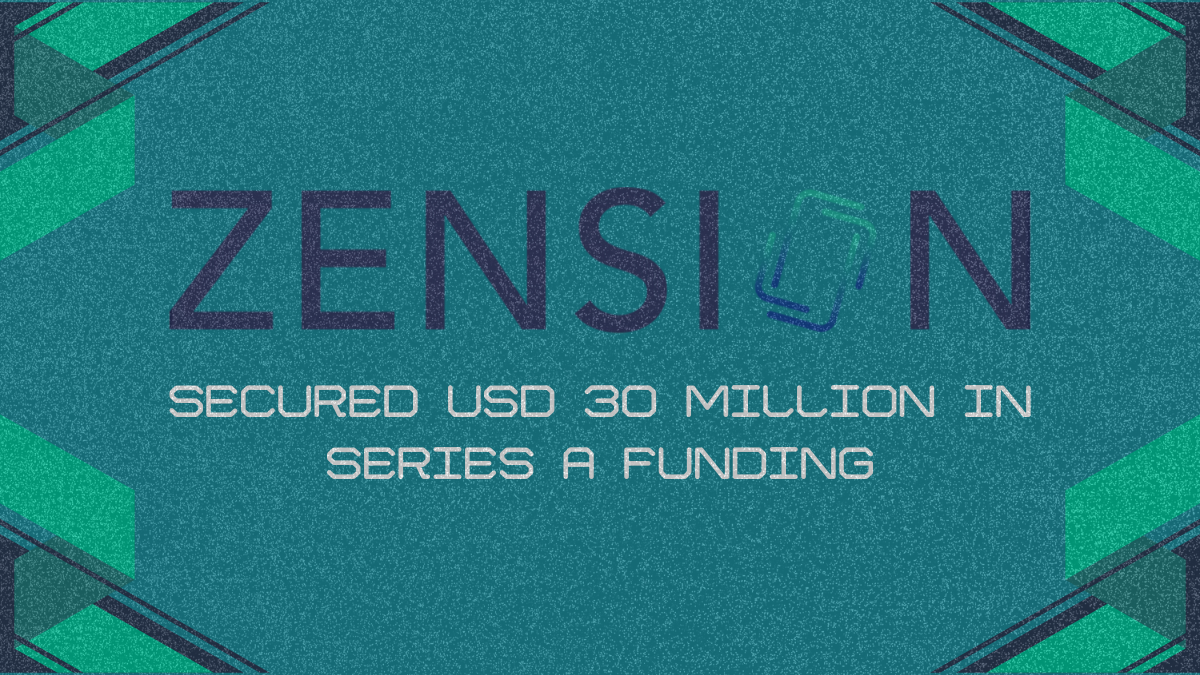Zension’s $30 Million Milestone: The Saudi Startup Reshaping Tech Ownership with ‘Zaam’

3 min
Led by Wa’ed Ventures, the investment arm of Saudi Aramco.
Contributions from Japan’s Sumitomo Corporation and Dubai-based Global Ventures.
Offers monthly subscriptions covering smartphones, laptops, and other gadgets.
Launch targeted for Q1 2025.
It is frequently observed that continuous smartphone and laptop upgrades can create both financial and environmental burdens. This situation is precisely where Zension is thought to fill a gap in the market. The Riyadh-based company, recognized for warranties, protection plans, and guaranteed buy-back services, recently announced that it has secured $30 million in Series A funding. The round was led by a prominent venture capital arm of one of Saudi Arabia’s largest energy companies, with additional participation from a major Japanese conglomerate and a leading regional investment firm.
Zension was established in 2018 by Khalid Saiduddin and Nikos Anastasiadis and has since partnered with major retailers, telecom operators, and device manufacturers across Saudi Arabia and the UAE. The company’s aftersales services have drawn attention due to their reliability and convenience, particularly when consumers face unexpected device malfunctions or accidental damage. At Arageek, it has been observed that these offerings are especially appreciated by individuals who have dealt with multiple screen replacements or battery failures, as they address both repair costs and overall hassle.
Now, with fresh capital on hand, Zension is preparing to launch “Zaam,” a subscription-based service planned for the first quarter of 2025. Under this model, burdensome one-time device costs are replaced by manageable monthly fees. Consumers are also given the flexibility to upgrade whenever they are ready for newer features, thereby alleviating the need for long-term financial commitments.
This approach is viewed as a direct response to the pressing issue of electronic waste, which has become a significant concern in Saudi Arabia’s thriving tech market. An estimated 15 million smartphones are sold in the Kingdom each year, and upgrade cycles averaging 12 to 18 months contribute heavily to e-waste levels. Zaam is designed to extend a device’s usable life and lessen its environmental impact, aligning with national goals of sustainability and economic diversification. By repurposing or reassigning devices through multiple ownership cycles, the service aims to promote a more circular, eco-friendly economy.
An additional sign of international confidence emerged with the participation of the aforementioned Japanese conglomerate, marking its first strategic investment in the Gulf Cooperation Council (GCC) region. The approach, sometimes referred to as a circular economy model, resonates with ongoing initiatives to reduce waste and foster innovation in the tech sector. Key investment stakeholders have expressed encouragement for Zension’s business model, which they believe will reshape technology ownership in the region.
Moving forward, there are plans to introduce Zaam throughout Saudi Arabia and the UAE through strategic partnerships with leading retailers, telecom services, and device manufacturers. The company’s aim is to become a household name, offering a modern and resource-conscious alternative to traditional ownership models. By alleviating high upfront costs and mitigating the guilt often associated with frequent device turnover, Zaam may represent a notable step forward in sustainable consumer technology.
 LEAP26
LEAP26 AI
AI Saudi Arabia
Saudi Arabia UAE
UAE Egypt
Egypt








